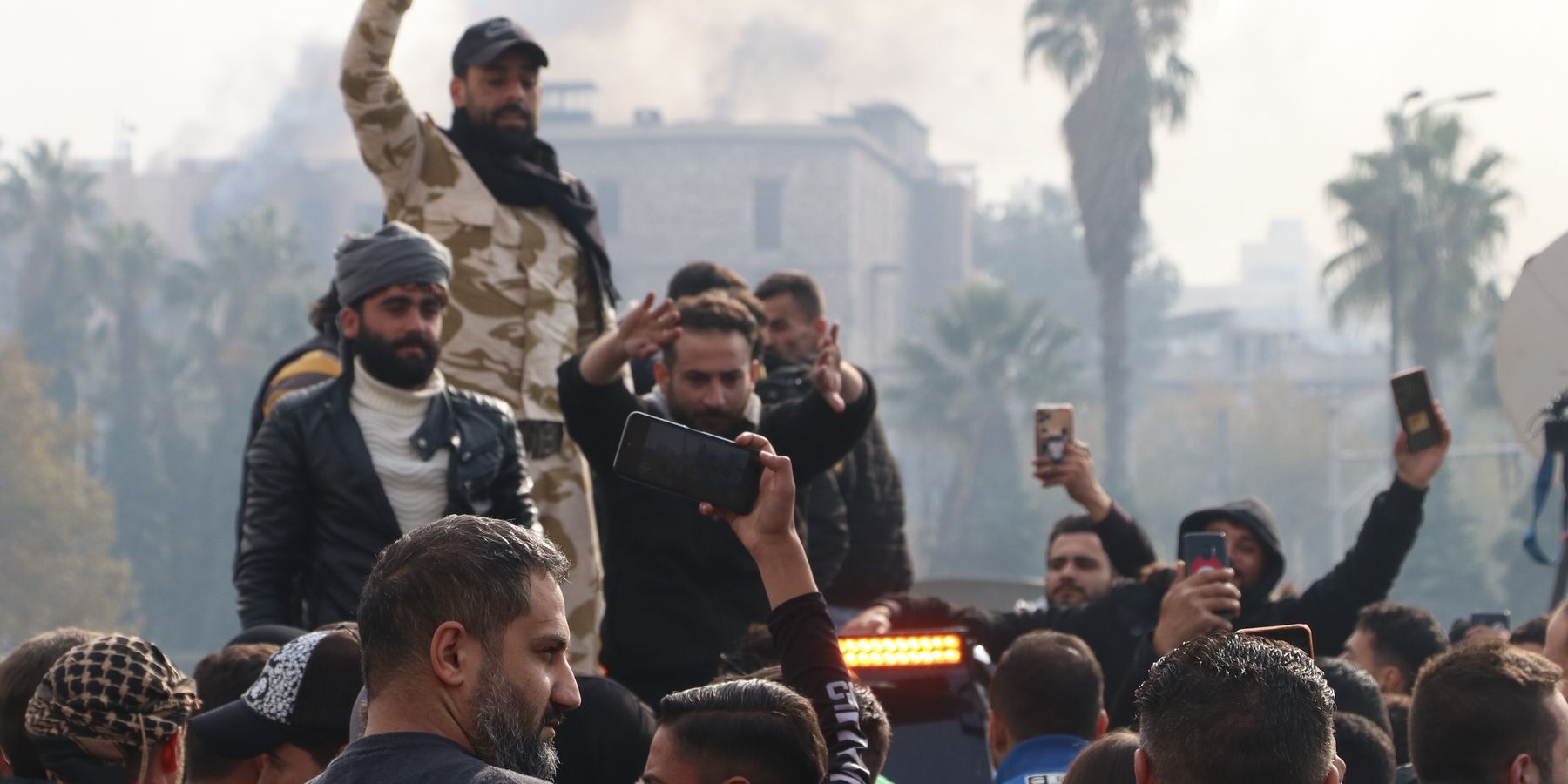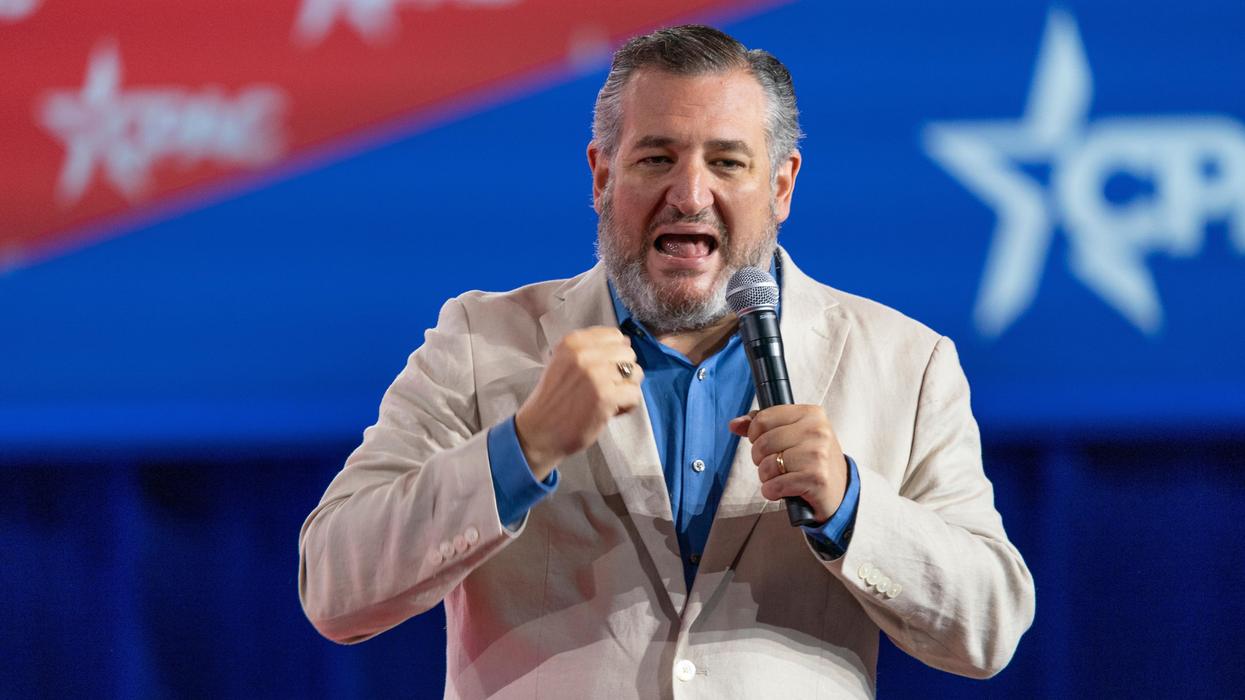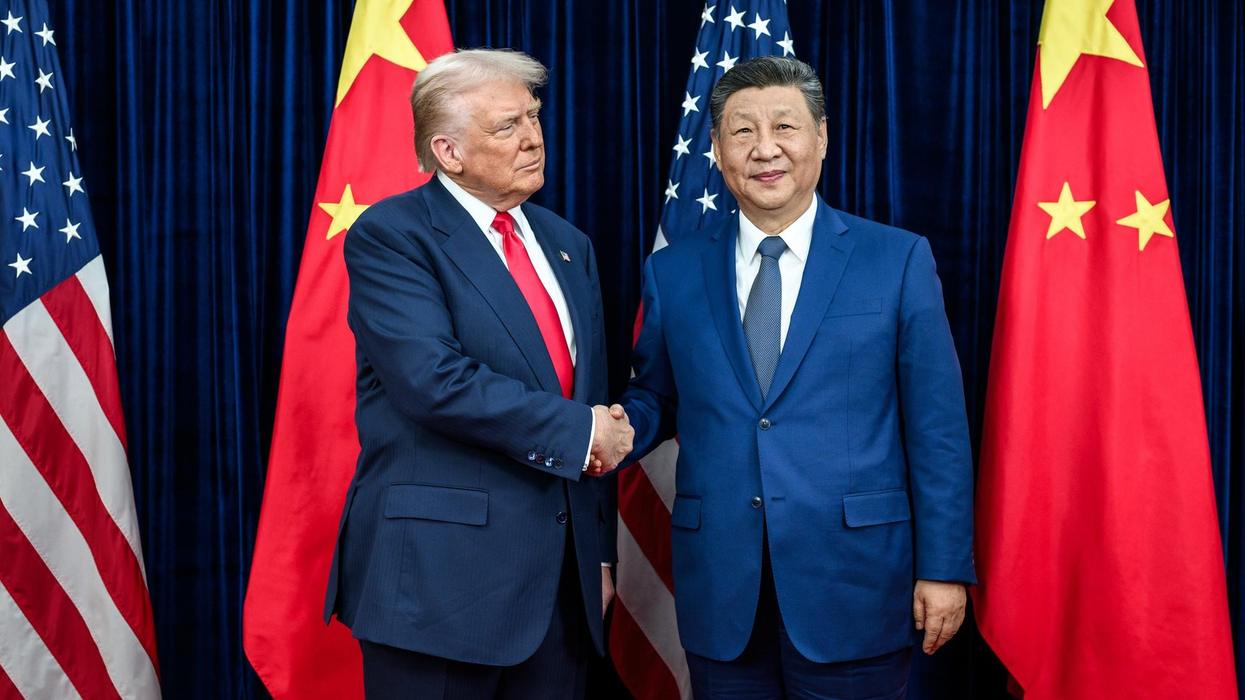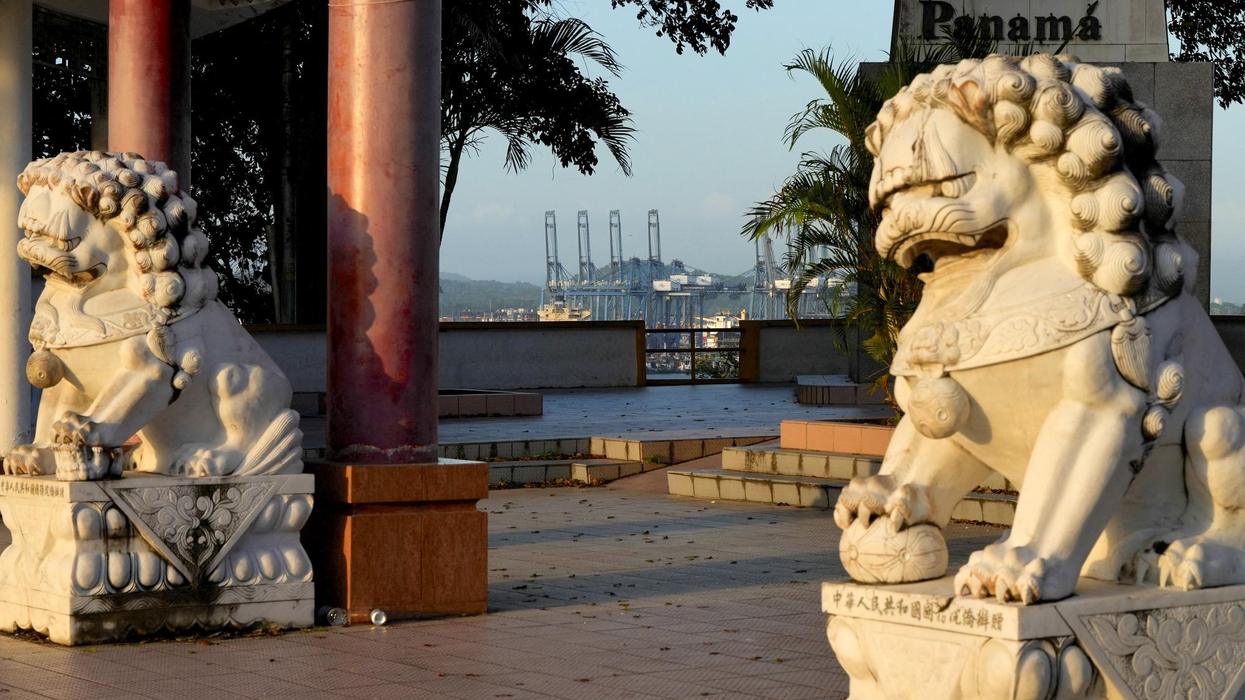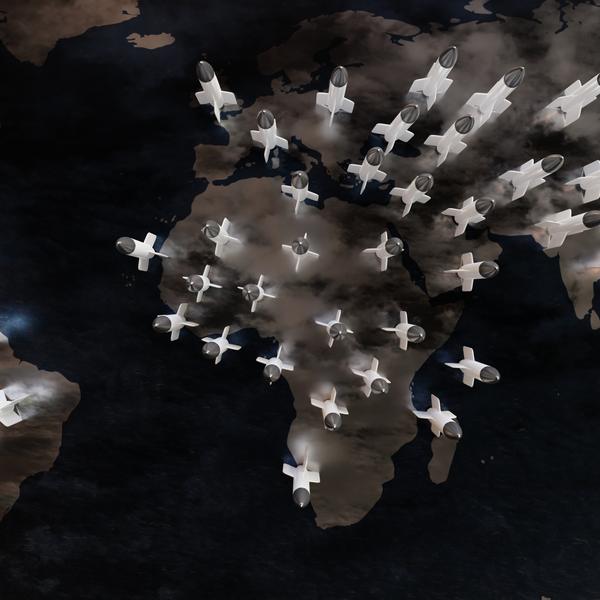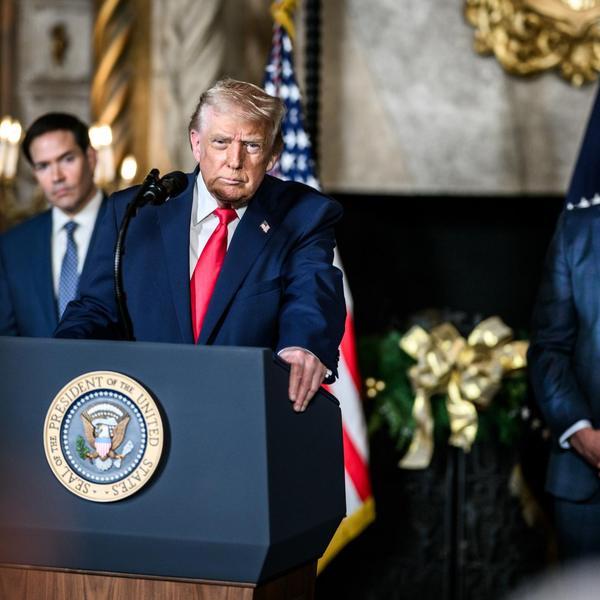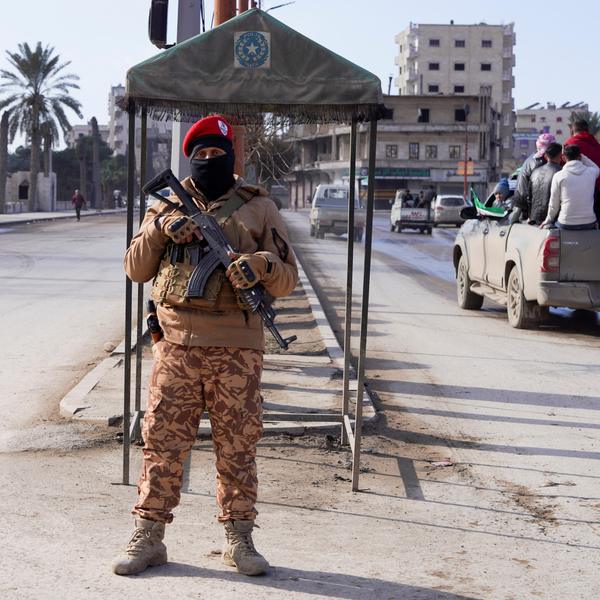The lightning speed with which Hay’at Tahrir al-Sham, or HTS, toppled the brutal Assad regime in Syria on December 8 has signaled the demise of global Islamic jihad, the rise of territorial political Islam, the collapse of the half-century old Shia alliance between Iran and Syria, and the failure of Iran’s proxy-based strategic doctrine.
These are some of the new realities of the Middle East that the incoming Trump administration will face.
Assad’s fall also put an end to secular nationalist strongman rule of Ba’athism whose aspirations for “unity, liberty, and socialism” were never achieved in the multi-ethnic and -sectarian polities of Iraq, Syria, or Lebanon (where the ideology was born 80 years ago). Different variants of Islam have continued to dominate Arab political systems. The question now is what are HTS’s leanings in that regard.
During my many interactions with Islamic political parties and groups across the Muslim world in the 1990s and early 2000s, my interlocutors acknowledged that a state-centered ideological political agenda, as opposed to a violent global jihadist one, was the only possible path to remove autocratic, brutal, and corrupt regimes from their societies. Several leaders from these parties — for example, PAS in Malaysia, the Muslim Brotherhood in Egypt, the Islamic Action Front in Jordan, Refah in Turkey, al-Nahda in Tunisia, the Progress and Development in Morocco — told me during my visits that to win national elections, they had to espouse platforms centered on bread-and-butter issues and a commitment to a peaceful transfer of power through the ballot box, not bullets.
The public statements made thus far by HTS’s leader, Ahmad al-Shara, also known by his nom de guerre, Abu Muhammad al-Jolani, suggest he may fall more into that political tradition of Islamist parties notwithstanding his more radical roots. Despite HTS’s less-than-inclusive rule in Idlib in recent years, the group under his leadership focused far more on delivering key public services than enforcing a brutal and strict version of Sharia law associated with al Qaeda.Reasons for cautious optimism
My own optimism stems from at least three observations based on my study of HTS since its creation: 1) it broke with al Qaeda years ago; 2) al-Jolani has been explicit in his recognition of the ethnic and religious diversity of the country; and 3) he has relied on indigenous Syrian leadership.
Of course, there is the possibility that wild cards — domestic and regional — could develop that would derail al-Jolani’s stated commitment to establishing a stable and unified Syria that is respectful of its minorities.
Indeed, as Al-Qaeda and the Islamic State or ISIS in Iraq and Syria were being decimated by American, Russian, and Syrian air strikes in the middle of the last decade, Jabhat al-Nusra and a few smaller Islamic militant groups in Syria broke away from Al Qaeda and formed HTS, or the Front for the Liberation of Syria, whose principal goal was to topple the Assad regime.
Significantly, HTS adopted a local agenda and selected only Syrian indigenous activists to lead the group. Unlike ISIS and Al Qaeda, HTS did not invite non-Syrian leaders — for example, Saudis, Yemenis, Iraqis, Central Asians, or North Africans — to join the new Front. HTS also viewed the radical Salafi concept of global jihad and terrorism as having failed to change Muslim societies or to dislodge autocratic rule in several Muslim countries, including in the Levant.
Al-Jolani himself made clear already in 2016 that his new group sought the liberation of Syria from the Assad regime and the establishment of a new, pluralistic political order that reflected the ethnic, religious, and racial diversity of Syrian society. As a Syrian national, Al-Jolani is aware that Syria comprises Sunni Muslims, Shia Muslims, including the Alawite minority, Kurds, Armenians Christians of different denominations, Druze, and other small minorities. Since the demise of the unspeakably brutal Assad regime on December 8, he has also called explicitly for the protection of minorities and human rights, including women’s rights.
While he has urged the population to forgo revenge and retribution, notably against the Alawite community, which served as the sectarian base of the Assad dynasty, he has promised to prosecute former high-level military, security, and intelligence officials responsible for the worst abuses of the Assad era and urged other countries and international organizations to help in bringing them to justice.
Of course, in many regime-change rebellions, history has shown that aggrieved members of the public often hunt down targeted officials of the old regime and summarily execute them without trial. Unfortunately, Syria is unlikely to fully escape this pattern, but there are hopeful signs that these sporadic executions may not descend into a new reign of terror.
None of this is assured. As in the U.S. occupation of Iraq, too broad a crackdown against former regime officials, particularly if it is perceived as motivated by sectarianism, could trigger a violent backlash. Similarly, strict enforcement of Sharia law against minority sects could turn key communities against the new administration in ways that external powers could exploit.
And having governed only Idlib province, HTS, especially if it fails to share power with key representative constituencies, could quickly find itself completely overwhelmed regardless of its more benign and inclusive intentions.
The new government could also face serious external challenges, particularly if Turkey mounts more military operations against its perceived Kurdish enemies in northeastern Syria and if Israel continues with its strikes across Syria and its occupation of the neutral zone in the Golan Heights.
Fortunately, Iran, like Russia, has seemingly decided not to challenge the new regime. The Gulf and other Arab states, following their recent meeting in Jordan, have embraced it so long as it pursues inclusive and anti-terrorist national policies in Syria.
The path forward
It might be pollyannish at this time, less than two weeks since the fall of Damascus, to expect stability and calm to prevail and government departments to be fully functional.
External actors will also influence the future trajectory of the new Syria.
HTS is currently listed by the United States as a terrorist organization, and there is a huge reward on al-Jolani’s head. This designation, however, was made nearly a decade ago before the Syrian rebels broke with Al Qaeda.
While the Biden administration is watching the actions of the new Syrian government closely, as it should, the incoming administration could contribute greatly to domestic Syrian stability if it considers a new designation for HTS if the new government, when fully formed, reflects the country’s diversity and follows through on the commitment to respect human rights and the rule of law by its actions as well as statements.
The post-Assad government should also reach out to its neighbors, particularly Lebanon, Jordan, Turkey, and Iraq, with an eye toward settling border conflicts and the return of Syrian refugees. It should also seek the help of the United States, and the European Union in constraining Turkey’s interventions against the Kurdish-led Syrian Democratic Forces in northeastern Syria and in persuading Israel to withdraw its forces from the buffer zone in the Golan Heights.
My assessment of HTS and its leadership’s intentions may yet prove wishful thinking, but thus far, the signs are positive for a country and a region that have endured far too much suffering.
- How Ukraine is helping the HTS militants who overthrew Assad ›
- The fall of Assad is a defeat for Russia — and no 'win' for the US ›
- The foreign policy story of 2024: The Fall of Assad in pictures | Responsible Statecraft ›
- 'Syria for Syrians' is a lesson al-Sharaa can now use, or abuse | Responsible Statecraft ›
- UAE may need al-Sharaa as much as he needs it. Here's why. | Responsible Statecraft ›

